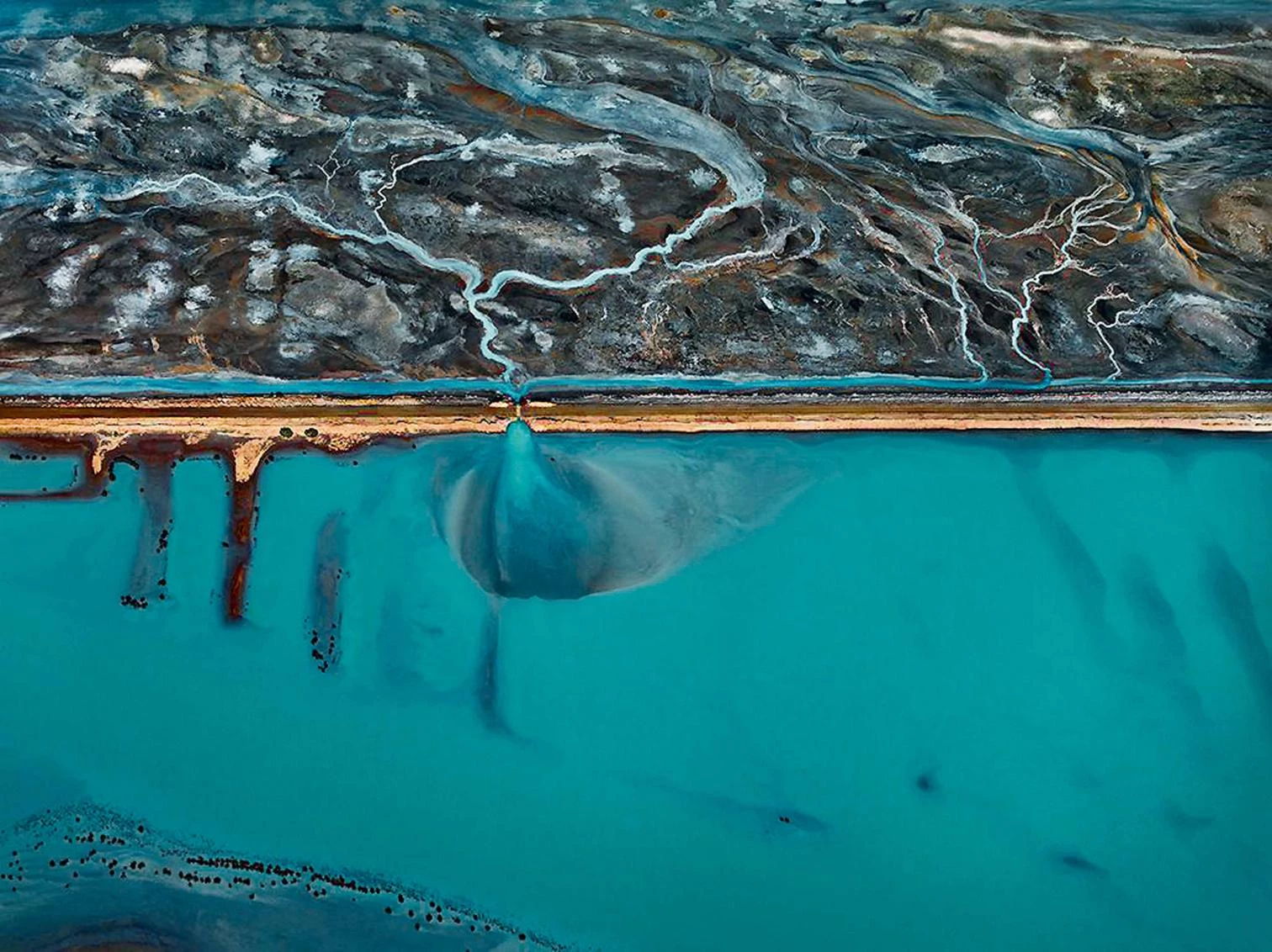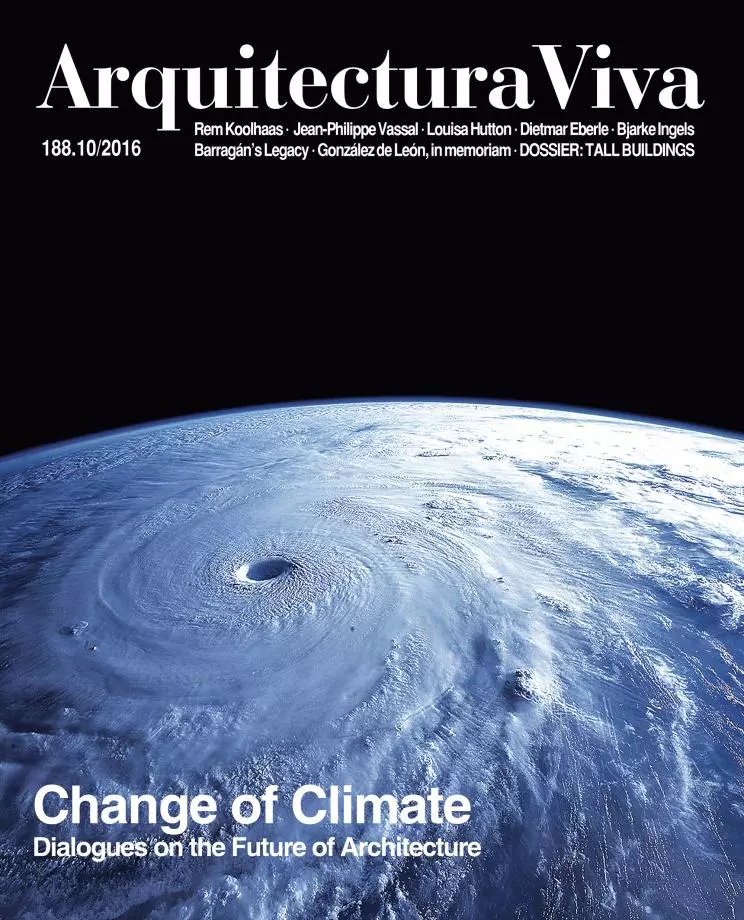
The American entomologist Edward Osborne Wilson, whose specialty is myrmecology, says that what distinguishes ants and termites from other invasive species, including human beings, is, in ecological terms, how rapidly they developed: 500 million years – the time it took ants to evolve and spread throughout the Earth – was enough for ecosystems to adapt to the destructive impact of these insects, while the hundreds of thousands of years of our own species and the few thousands marked by our conquest of Planet Earth forebodes a real catastrophe. Another way to fathom the speed with which Humanity – despite its infinitesimal mass (the bodies of 7 billion people could be piled up like tree trunks in a box of 1-kilometer sides) – has become the master of the biosphere is through the term, Anthropocene, that the International Commission on Stratigraphy (ICS) recently approved as an official name for the final phase of the Quaternary Period: the last fifty years during which man has managed to change the course of the natural evolution of the planet. Half a century is a whole lot for human life, and it is nothing in geological terms, and yet during this stretch of time civilization has altered as much as three-fourths of the Earth’s surface, polluting the atmosphere, acidifying the soil and the seas, and destroying biodiversity to such a degree that the consequences – which have already started to show in fossils – seem irreversible. Only time will tell if the human epic is or is not in for a happy ending. Like that of ants.





